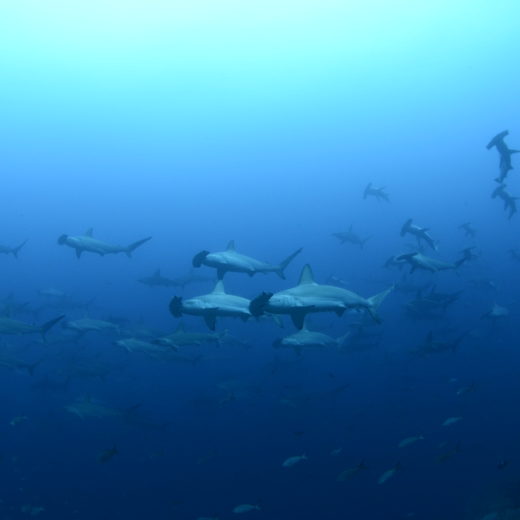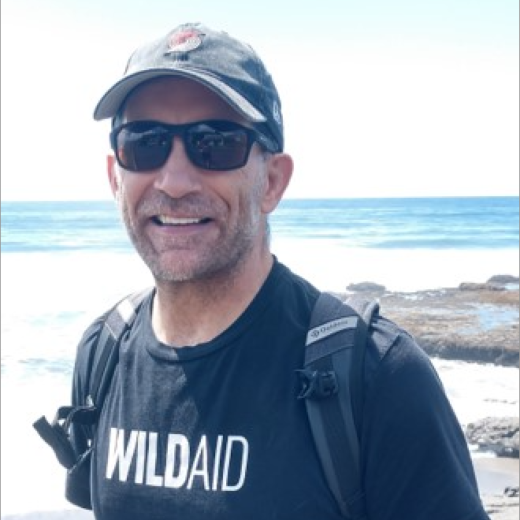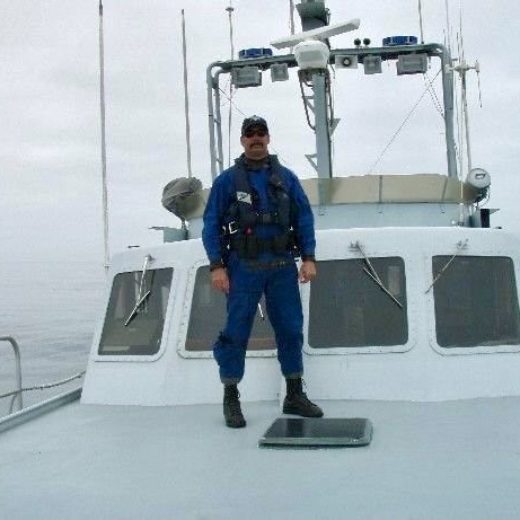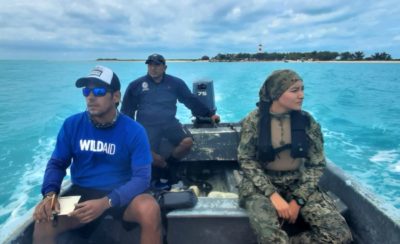
Fishing Cooperatives Lead Sustainable Management and Enforcement of the Lobster Fishery at Scorpion Reef National Park, Mexico
September 6, 2022; By Carolyn Sotka, Marine Grants Officer
Scorpion Reef lies 140 kilometers off the Yucatan Coast and is one of the most remote coral reefs from mainland Mexico. Its name comes from legions of seafarers who navigated treacherous waters between the Caribbean and Gulf of Mexico, including Spanish sailors who shipwrecked there in 1545. Scorpion Reef is an atoll of 5 islands, with Isla Perez home to one of the largest lobster fishery concessions granted to a fishing cooperative, four of which are organized into a local Fishing Federation.
Fishing is a way of life along Yucatan’s coast. The Mesoamerican Barrier Reef System begins here, the largest coral reef in the Western hemisphere and Yucatan’s shore is lined with mangroves, seagrass beds and lagoons. The scenic beauty and wildlife of this Mexican region draws a multi-billion-dollar tourism industry – and supports coastal communities that depend on the health of these ecosystems for their livelihoods.
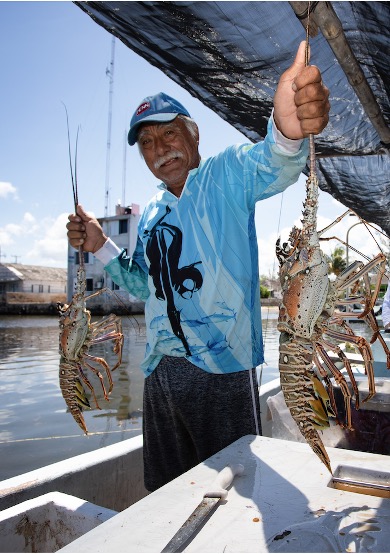

Historically, the surrounding waters at Scorpion Reef National Park have been fished sustainably for commercially valuable species like lobster, and self-regulated by local fisheries cooperatives (Fisheries Federations). Photo by Ahmed Burad-Méndez
The biggest threats to wildlife and fisheries such as lobster, grouper, snapper, sea cucumber and octopus are illegal, unreported and unregulated (IUU) fishing and tourism-related impacts. In 1994, Scorpion Reef (Parque Nacional Arrecife Alacranes) was designated as a national marine park with two core zones, a buffer zone and restricted use, and is a Biosphere Reserve.
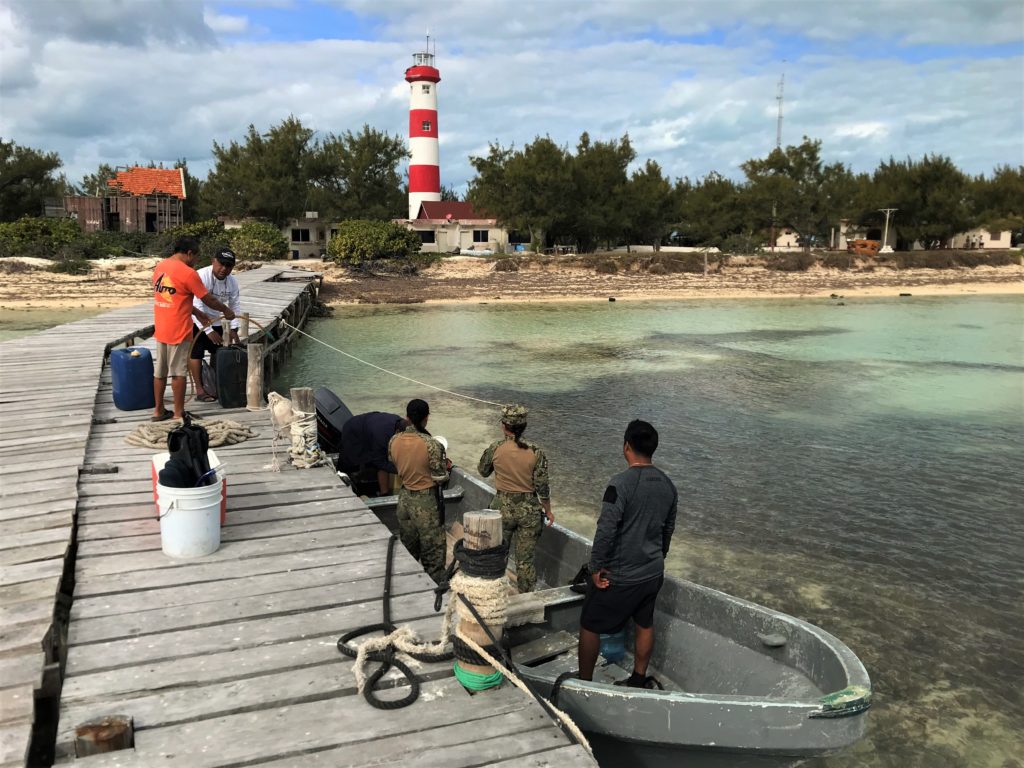

Fishing Federation members and Mexican officials dock at Isla Perez, Scorpion Reef National Park . Photo by Ahmed Burad-Méndez
Unfortunately, the high value of the lobster catch is a lure for illegal fishing and non-permitted fishermen. In 2020, WildAid Marine partnered with Impact Blue, a non-profit that works with the local Fishing Federation to stop IUU fishing for spiny lobster and enforce a 4-month closure of the fishery during the lobster breeding season.
Despite Mexico’s regulatory framework for commercial fisheries, IUU fishing is a common and growing problem. There has been little coordination between government agencies to apply marine enforcement strategies to stop illegal activities, low budgets to implement regulations, and a lack of inspection at ports, patrols and surveillance/patrol personnel. The Mexican Secretary of Fisheries and Sustainable Aquaculture of Yucatan (SEPASY) conducted a 2019 and 2020 voluntary fishing census that found nearly 50% of fishing vessels do not have a fishing permit for lobster, and many fishermen are not permitted.
The IUU fishing increased critical habitat damage and decimated lobster populations, leading to smaller body size catch and less income for legal fishers. With these finding, the permitted fishers – united and took matter into their own hands to better enforce the closures. The Fishing Federation turned to WildAid Marine to assess fishery enforcement needs, help set-up active patrol strategies, prioritize investments, strengthen resource management, and establish law enforcement protocols.
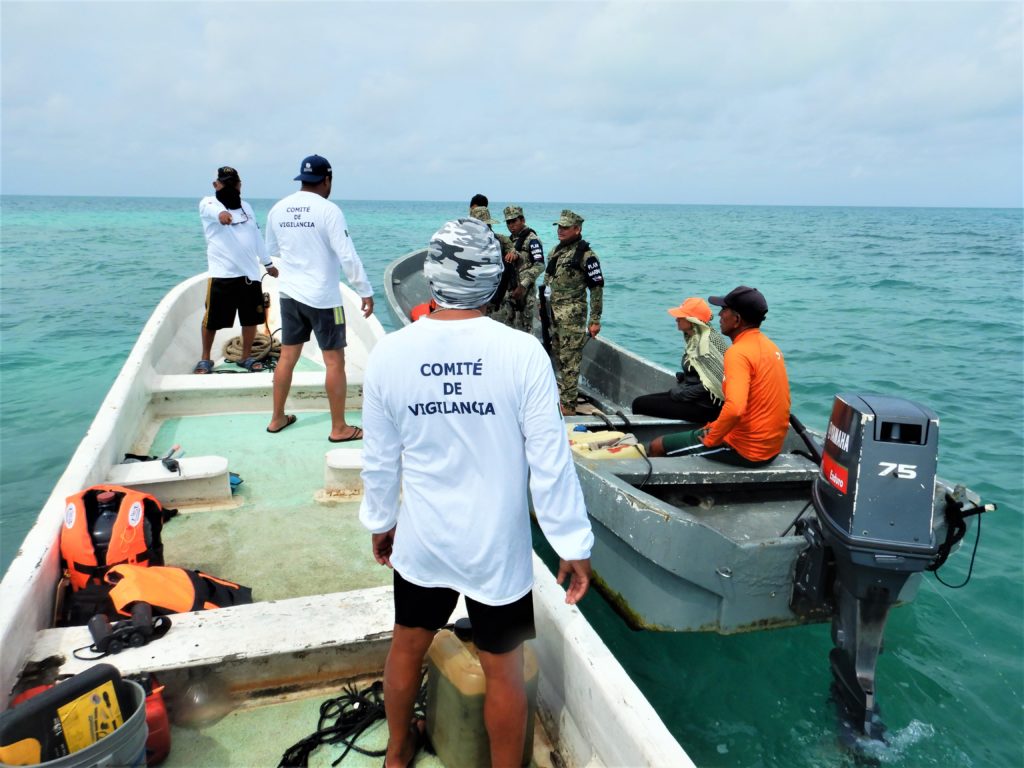

The local Fishing Federation protects the sustainability of the lobster fishery by conducting patrols and working with the Mexican authorities. Photo by Ahmed Burad-Méndez
WildAid Marine provided expertise directly to the Fishing Federation who share sustainability goals and collectively reap benefits, while conducting fishery management responsibilities. Much like the lucrative lobster fisheries in Maine, this type of cooperative includes licensed fishermen according to their zone or fishery. This ensures compliance with fishing quotas, and helps maintain healthy fish stocks for future fishing opportunities.
WildAid Marine conducted their Marine Protection System (MPS) assessment in October 2020 to better strengthen the role of the Fishing Federation and improve coordination with authorities, including joint patrols and surveillance.
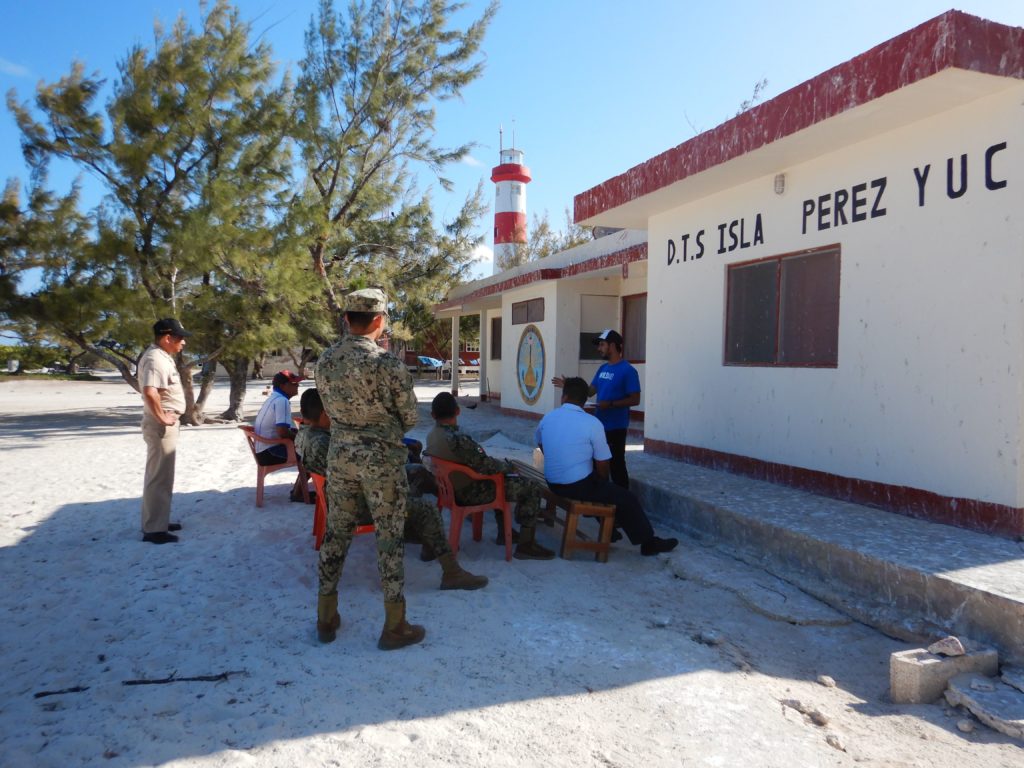

WildAid Marine provided support for training, equipment and operational supplies such as fuel to guarantee presence in areas with the highest incidence of illegal fishing. Photo by Ahmed Burad-Méndez
The Fishing Federation donated a boat and basic supplies such as fuel to CONANP’s (National Commission of Natural Protected Areas) park rangers to conduct regular joint patrols, maintain a dissuasive presence and stop any illegal activities during the lobster moratorium.
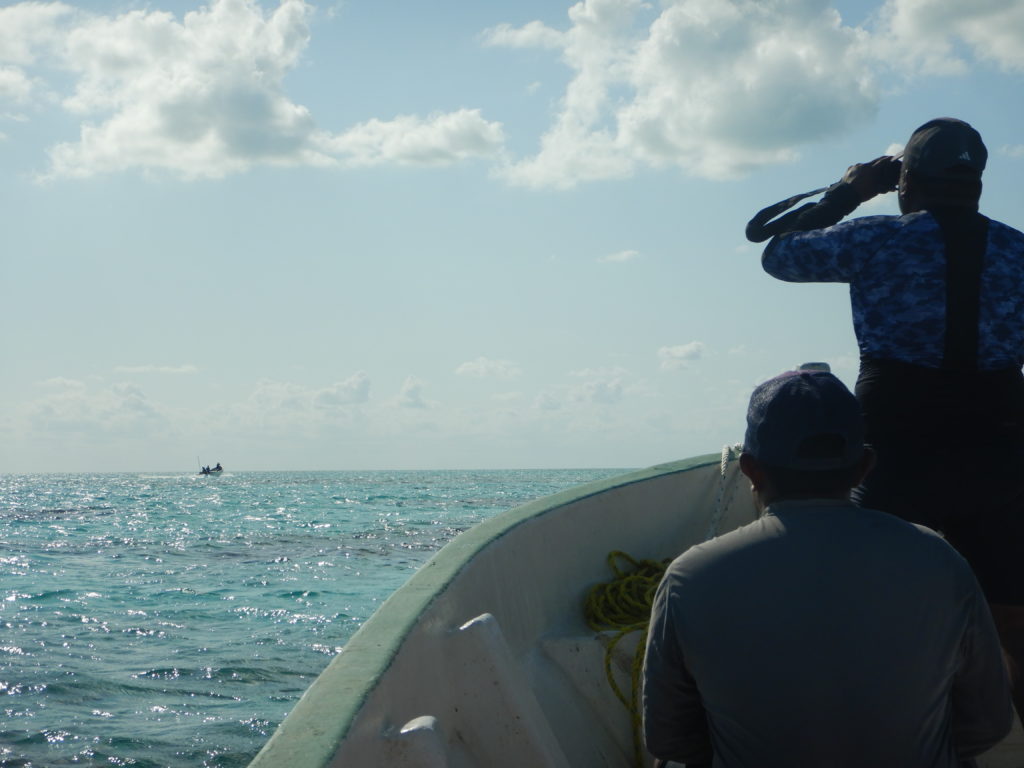

To date in 2022, the Fishing Federation has conducted 38 patrol days, with 205 hours of surveillance over 1700 square miles. There has been over 50 illegal activities observed and warnings and penalties administered.
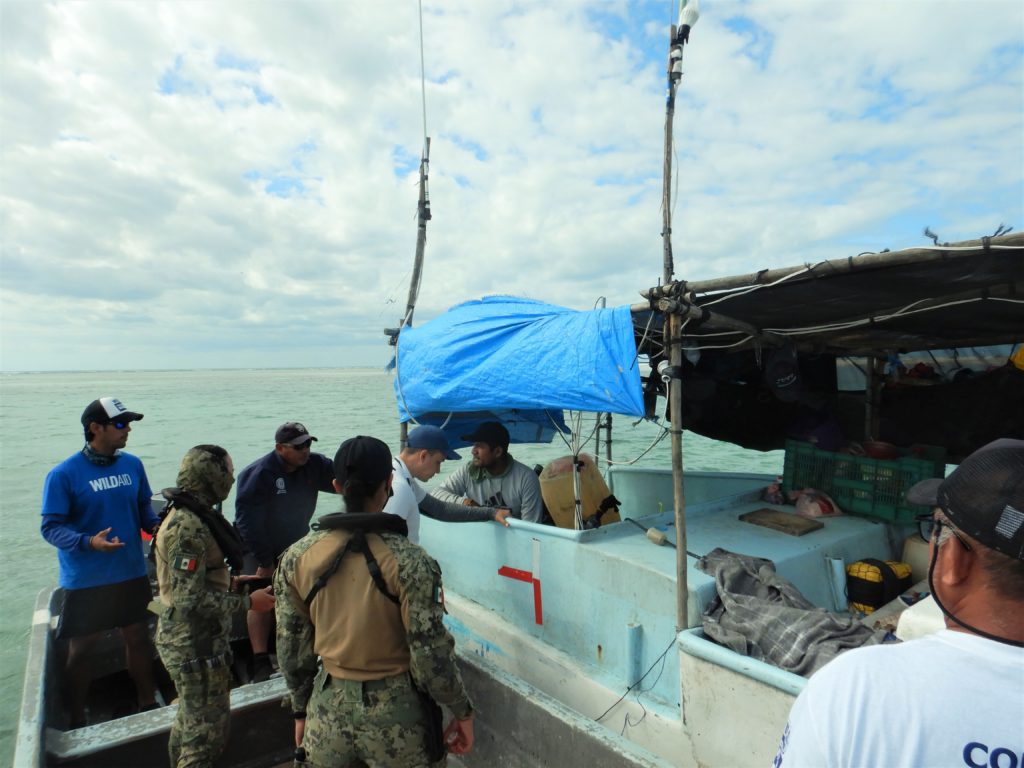

Fishing Federation members patrolling, chasing and stopping an illegal fishing boat. When illegal fishermen see patrols, they flee and communicate by VHF to warn each other, and throw ice and product overboard to lose weight off the boat. Photo/Video by Ahmed Burad-Méndez
Already fishermen from the Pescados de Golfo cooperative – one of the four member cooperatives of the Federation – have reported a 60+% increase in lobster catch (600 kg to 1,000kg) in the first two months of the 2022 fishing season.
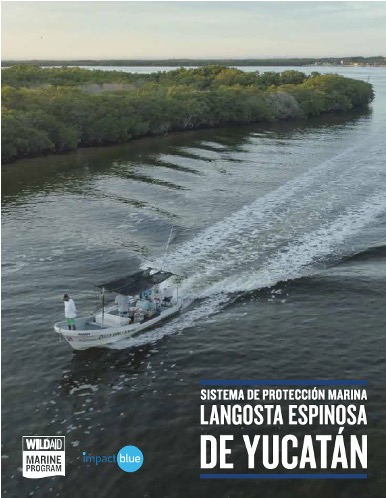

WildAid Marine delivered a Marine Protection System (MPS) plan to strengthen enforcement and conservation of marine-coastal ecosystems, beginning with Scorpion Reef National Park.
These efforts have been largely successful due to the bottom-up strategy driven by the stakeholders of the legal lobster fishery. The commitment of the fishermen and dedication to long-term sustainability led to new strategies to work with the government agencies – SEMAR (Mexican Secretariat of the Navy) and CONAPESCA (National Commission of Aquaculture and Fish), and to create a climate of culture change around fisheries compliance. The success of the Scorpion Reef project, sparked interest amongst with two other Yucatan-based Fishing Federations, who also partnered with WildAid Marine to conduct MPS assessments.
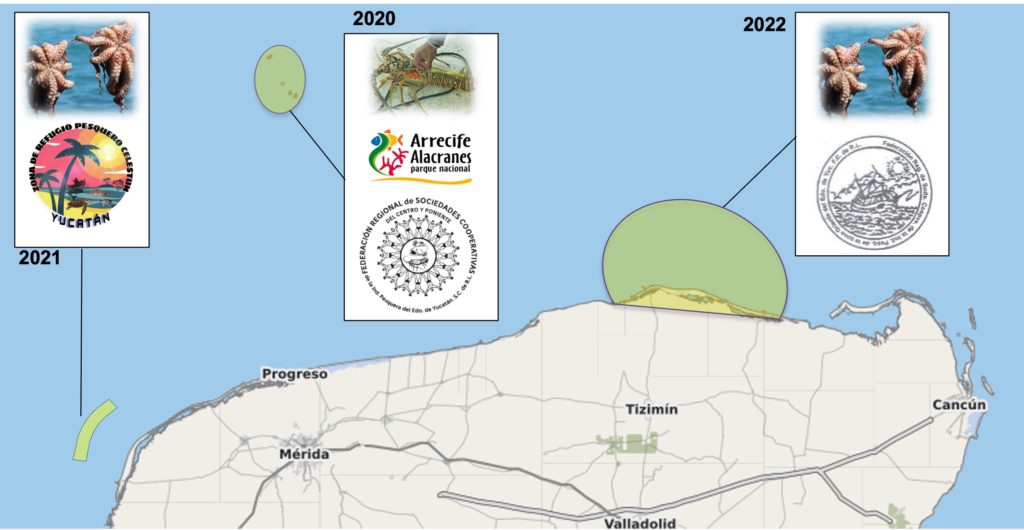

WildAid’s MPS plans and other project sites on the Northern Yucatan coast.
With 20 years of on-the-water experience, WildAid Marine works around the globe to improve marine enforcement of priority marine waters and empower local leaders to strengthen monitoring and surveillance, meet conservation goals, and provide lasting benefits for endangered wildlife, habitat, fisheries, and coastal communities.
Stay in touch and get the latest WildAid updates.
SIGN UP
